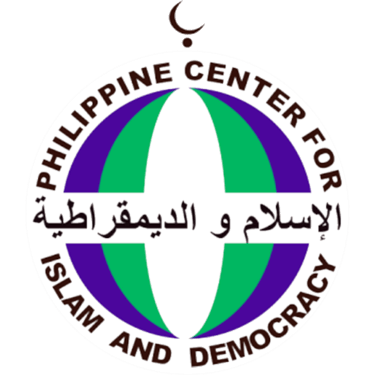NewsA Forum on ‘Prevention of Violent Extremism: A Focus on Cyber Security and Defense Policies’ | January 8, 2018, University of the Philippines, Bonifacio Global City, Taguig MM

Background
The growing influence of ISIS in East Asia has created serious concern among its governments, particularly the potential linkage with local extremist organizations. While the drivers of violent extremism differ across individuals, communities, and regions, there are commonalities in the ideology and narratives used by terrorist groups. Of critical significance is the use of the internet to recruit and radicalize individuals to violence. This underscores the need to develop innovative approaches to mitigate extremist ideology, curtail the flow of resources and strengthen the safeguards in existing IT infrastructure. Further, the capabilities of extremist and criminal organisations to utilise IT and the web for financial transactions as well as recruitment have often undermined the operations of government agencies on cyber security.
With the objective of understanding and preparing for the threat, the Philippine Center for Islam and Democracy, in partnership with the University of the Philippines Law Center and its Islamic Legal Studies Program, organized a forum themed ‘Prevention of Violent Extremism: A Focus on Cyber Security and Defense Policies’. The forum was held on January 8, 2018 from 10:00 a.m. to 12:00 noon at the 4th floor Auditorium, Henry Sy Hall, UP BGC in Taguig City with Dr. Sven Herpig, Project Director of the Transatlantic Cyber Forum as the main discussant. Synthesis 71 representatives from the private and public sectors including, among others those coming from the banking, business and corporate management sectors; security sector specialists and the academe, gathered at the forum themed ‘Prevention of Violent Extremism: A Focus on Cyber Security and Defense Policies’ organized by the PCID in collaboration with the University of the Philippines System and the University of the Philippines Law Center. The forum forms part of the series of activities that PCID will be conducting in the future which aim to engage key sectors of the society, establish networks between and among the public and private sectors, and explore initiatives in preventing and countering violent extremism.
The welcome remarks was delivered by Professor Ryan Oliva of University of the Philippines College of Law (UP Law), on behalf of the dean and concurrent President of the University of the Philippines, Professor Danilo Concepcion. This was followed by a briefing on the initiatives on prevention of violent extremism being done by PCID in close collaboration with UP and UP Law Center. The briefing was delivered by PCID Programs Director Atty. Salma Rasul. Prof. Edmund Tayao, the Executive Director of the Local Government Development Foundation (LOGODEF), introduced the main discussant of the forum. Dr. Sven Herpig.
Dr. Sven Herpig’s lecture gave an enlightening overview on perspectives and expectations in cyberterrorism, German cyber security policy, and challenges in policymaking intended to address issues on cyber security and defense. He discussed policy decisions which are made with good intentions but are problematic when implemented, such as having a hate-speech law and allowing government hacking.
At the end of his lecture, he proposed recommendations in drafting cyber security policies such as inclusive multi-stakeholder involvement in creating a comprehensive national cyber security strategy, establishment of a national cyber security agency and legislation on IT-security
standards for critical infrastructures, among others. He also emphasized the importance of domestic and international cooperation.
Prof. Emerson Banez, whose law practice is extensively on cyber law and cybercrimes, delve into issues in crafting policy interventions in cyber security that would comply with constitutional values. Atty. Paul Roderick Ysmael from the Bank of the Philippine Islands (BPI) discussed how issues in cyber security affect the banking and finance industry and what specific measures have been undertaken or is being undertaken by BPI to ensure security in banking transactions online.
Recommendations
Dr. Sven Herpig listed recommendations which can be considered in the drafting of a national
cyber security policy. The recommendations were as follows:
1. Draft comprehensive national cyber security strategy (incl. multistakeholder involvement)
2. Establish national cyber security agency
3. Pass legislation on IT-security standards for critical infrastructures
4. Foster domestic and international cooperation
5. Bolster capacity for cyber crime & terror investigations (possibly setup a corresponding
academic institution/ think tank)
6. Monitor cyber security HR situation and possibly develop „pooling & sharing“ models.
7. Evaluate impact cyber policy options and tools (risk to national security, censorship etc.)
